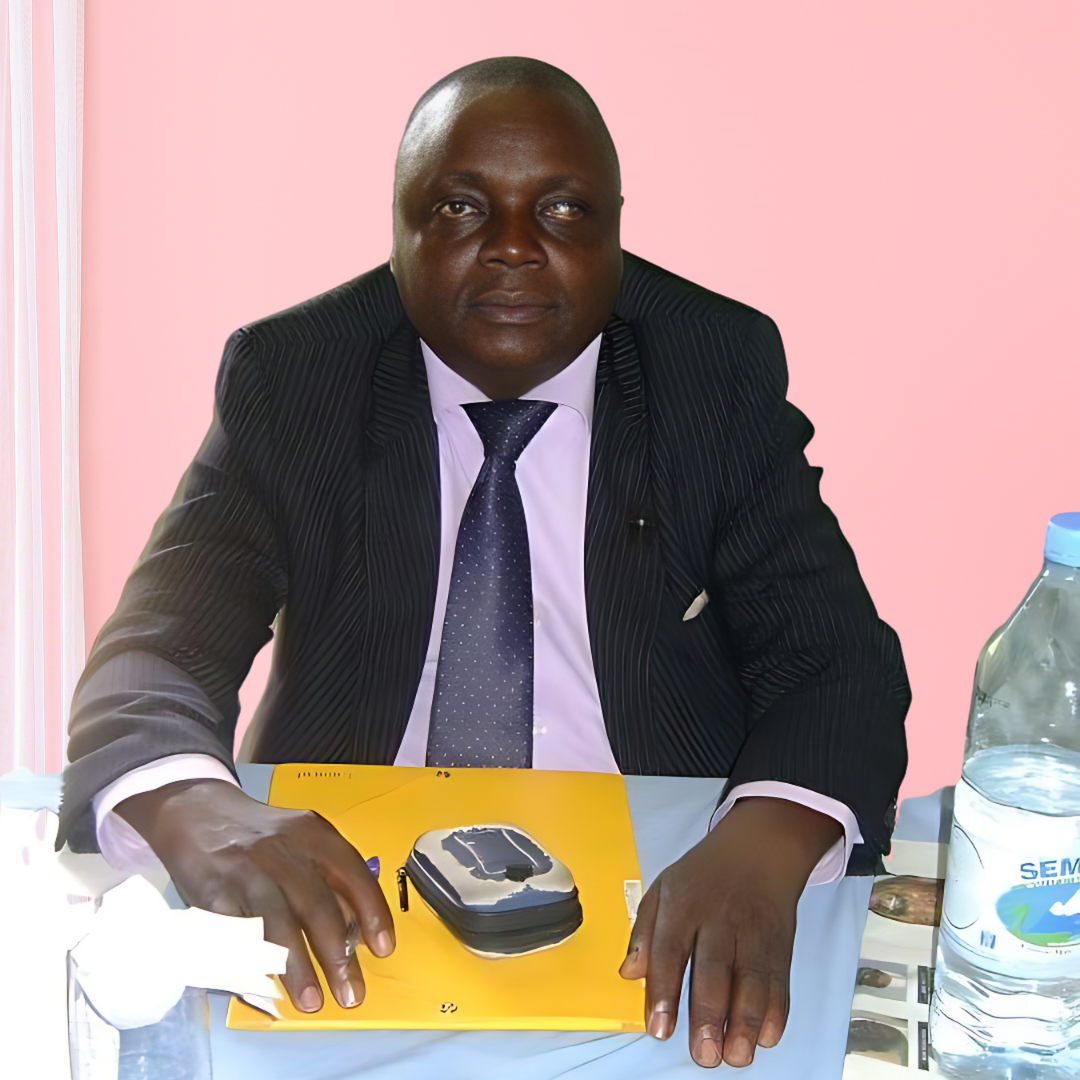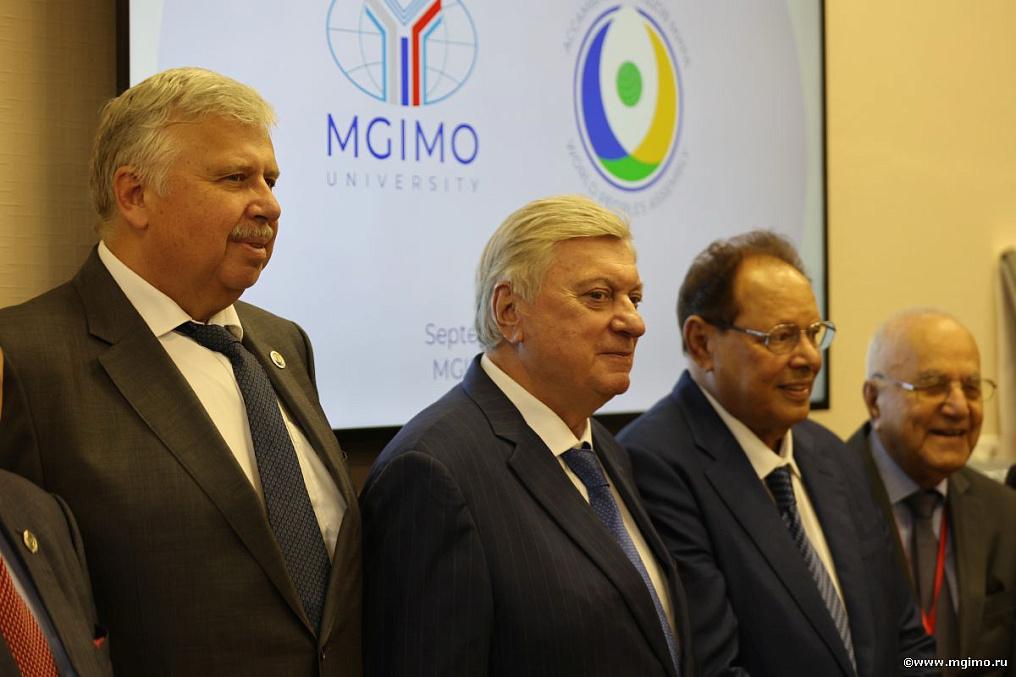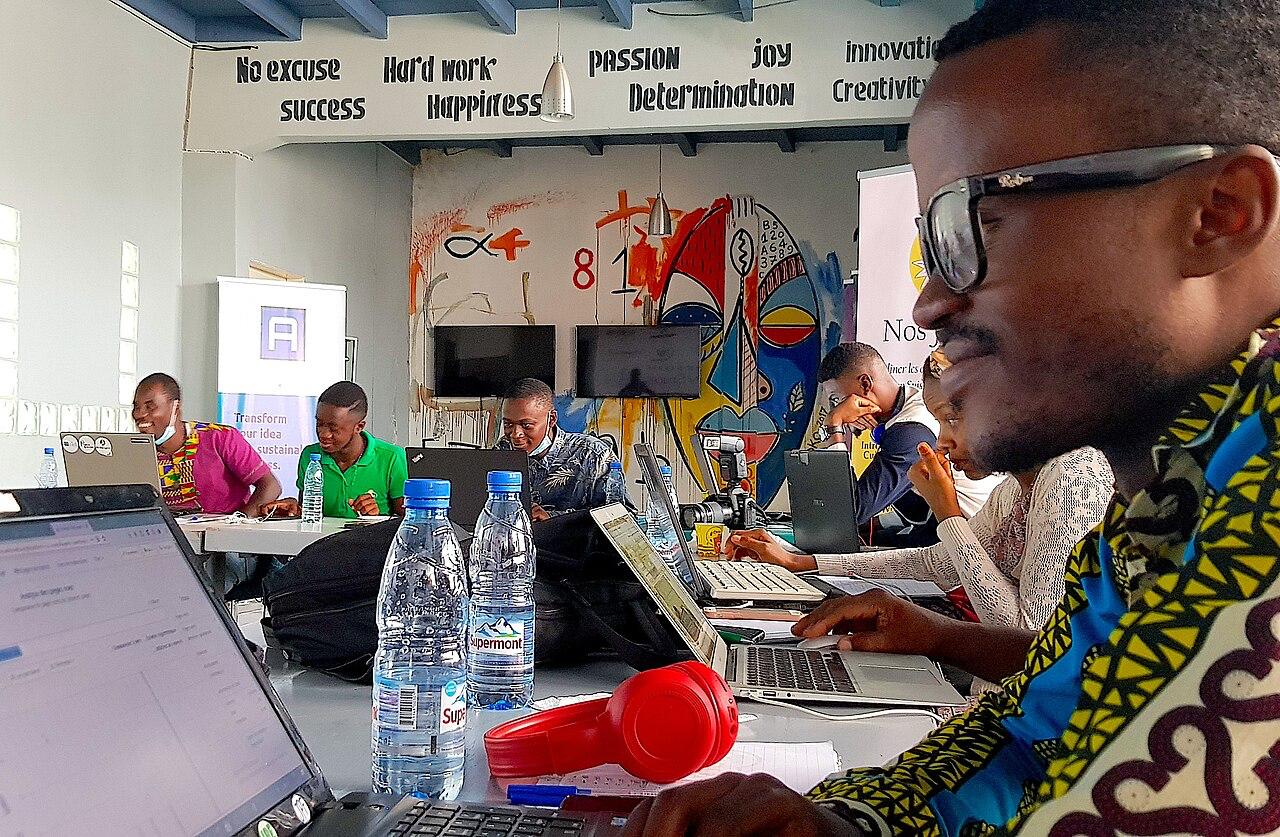Advocacy Group Proposes Independence Referendum for Cameroon’s Anglophone Regions at UN Forum
In a significant development, a group advocating for peace and justice in Cameroon’s crisis-hit Anglophone regions has proposed a referendum for independence. This proposal was made during the 17th session of the United Nations Forum on Minority Issues, held on November 28-29, 2024, at the Palais des Nations in Geneva, Switzerland.
Background on the Anglophone Crisis
The Anglophone crisis in Cameroon began in 2016 with peaceful protests by lawyers and teachers against the central government’s policies, which were perceived as marginalizing the English-speaking population. The situation escalated into an armed conflict, with separatist groups in the Northwest and Southwest regions, collectively known as Ambazonia, seeking independence from the predominantly French-speaking government.
The Proposal for a Referendum
During the forum, the Alliance for Peace and Justice (APJ), a prominent advocacy group, presented their proposal for an independence referendum. Representing the group, Januarus Asongu highlighted the ongoing conflict and the exclusion of Anglophone voices in the national dialogue. He emphasized the need for a peaceful resolution that respects the identity and rights of the Anglophone population.
Vision for Governance and Local Autonomy
The APJ outlined a vision for an autonomous governance model for the Anglophone regions. This model includes local control over governance, education, economic development, healthcare, and policing. The group proposed a framework that grants limited autonomy initially, leading to a referendum on full independence by 2030.
International Support and the Role of the UN
The APJ called on the United Nations and the international community to support their vision for a peaceful and inclusive resolution. They stressed that the UN forum provided a critical platform to share their grievances and advocate for their rights. The International Communities Organisation (ICO), which fosters peace and reconciliation globally, facilitated the APJ’s participation in the forum.
The Impact of the Proposal
The proposal for a referendum is a significant step in the ongoing struggle for the rights and recognition of the Anglophone population in Cameroon. It underscores the need for a comprehensive and inclusive approach to resolving the conflict, which has displaced over 700,000 people and caused widespread suffering.
Conclusion
As the situation in Cameroon continues to evolve, the call for a referendum highlights the urgent need for dialogue and international support. The 17th session of the UN Forum on Minority Issues has provided a platform for the Anglophone community to voice their demands and seek a peaceful resolution to the crisis






